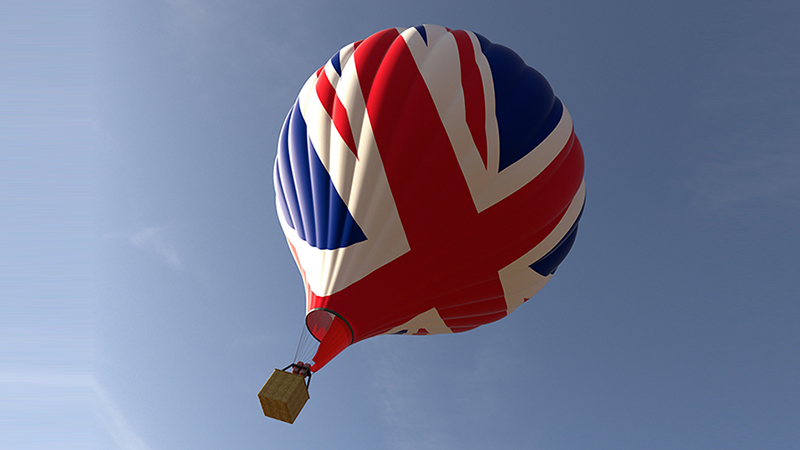The UK Consumer Prices Index increased by 2.3% in the last year to April, nearing the Bank of England’s target rate of 2% inflation year-on-year.
The result is a significant decrease from the 12 months to March 2024, which saw a rate of 3.2%. On a monthly basis, CPI grew by 0.3%, compared to 1.2% in April 2023. Despite the lowering from March, the number remained slightly higher than economist expectations.
Housing and household services had one of the largest downticks compared to March, growing 2% on the year compared to last month’s 3.1%. Food and non-alcoholic beverages also dipped from a 12-month rate of 4% in March to 2.9% in April.
Myron Jobson, senior personal finance analyst at Interactive Investor, called the reading a “psychological milestone” for many Britons.
“The sharp fall in the headline inflation figure in April is largely due to a sizeable decline in Ofgem’s energy price cap. Food inflation also eased further last month, providing some more relief to shoppers struggling to deal with higher costs. The easing in household energy and food prices is really important for households, especially for those on a low income who spend a higher-than-average proportion of their income on these essential inflation categories,” Jobson said.
“It also gives rise to hopes that the UK central bank is on the verge of succeeding in its effort to rein in price increases. While the inflation report is unlikely to change expectations for when the Bank of England will begin to cut interest rates on its own, it could prove to be a significant development that gives policymakers confidence that inflation is returning to normal – one of the prerequisites to cutting the base rate.”
The Bank of England’s next Monetary Policy Committee announcement is scheduled for 20 June. In its 9 May meeting, the Bank of England held rates at 5.25% in a 7-2 vote.
Neil Birrell, chief investment officer at Premier Miton Investors, said: “UK inflation is following the trend elsewhere and is proving to be more resilient than hoped. It is not getting back to target as fast as the Bank of England would like, which will probably delay the first interest rate cut. The service sector has proved to be the sticking point and it will remain the bank’s focus over the next month or two, ahead of a potential rate cut in the summer.”
The CPIH all services index stayed at the same level as March, holding at a 6% year-on-year increase.
While inflation is yet to hit its 2% goal, Lindsay James, investment strategist at Quilter Investors, said “The fact the headline rate begins with a two is incredibly symbolic given the events since the pandemic and the fact inflation was over 11% less than two years ago.
“The Bank of England will be incredibly cautious of further inflationary spikes in the second half of the year, particularly given UK wage growth is running at 6% – well above the headline CPI rate.
“Pay deals and rises are going to come under intense scrutiny should that figure not begin to fall in line with the overall rate of inflation. Furthermore, the global picture shows no sign of helping the BoE in its task, with geopolitical risks still very much present and US inflation proving stickier than many would like.”
James added: “For now however, investors will cheer the fact the headline inflation has come back close to target once more. Historic data shows that in the absence of a recession, investment returns are strongest in the year after the first rate cut, so there will be lots of anticipation as the UK appears to turn the economic corner.”









